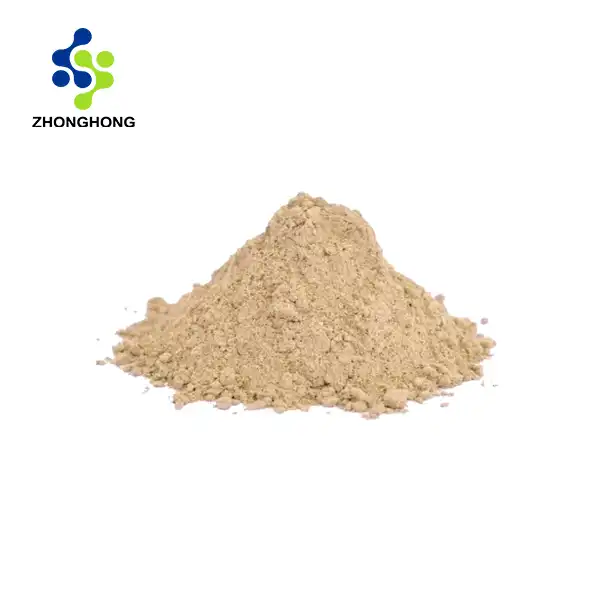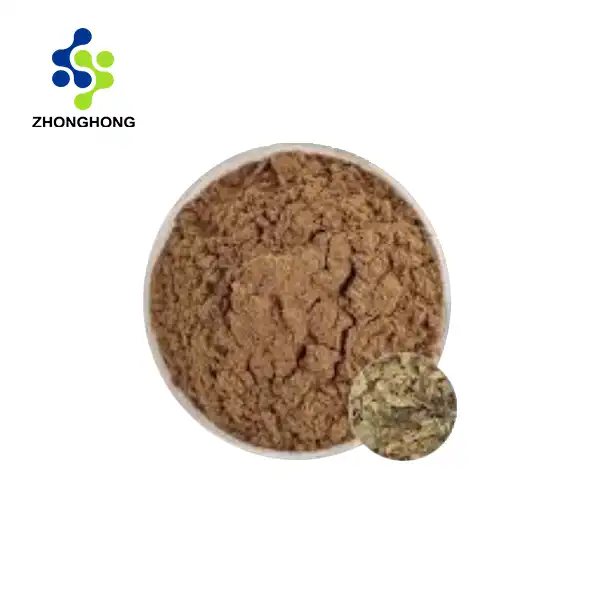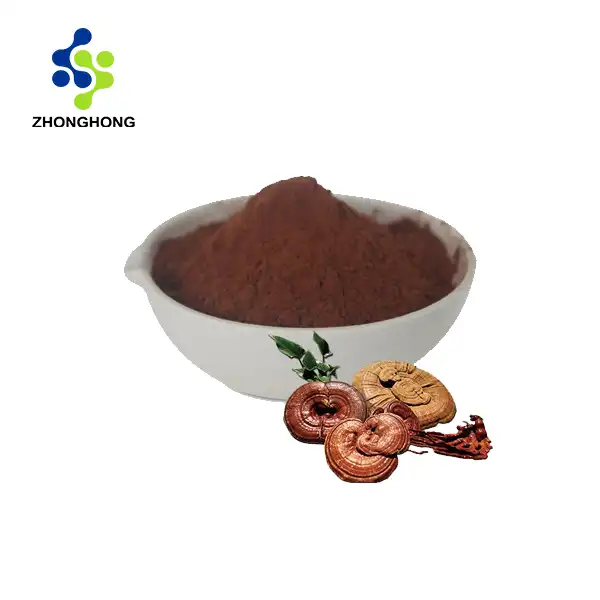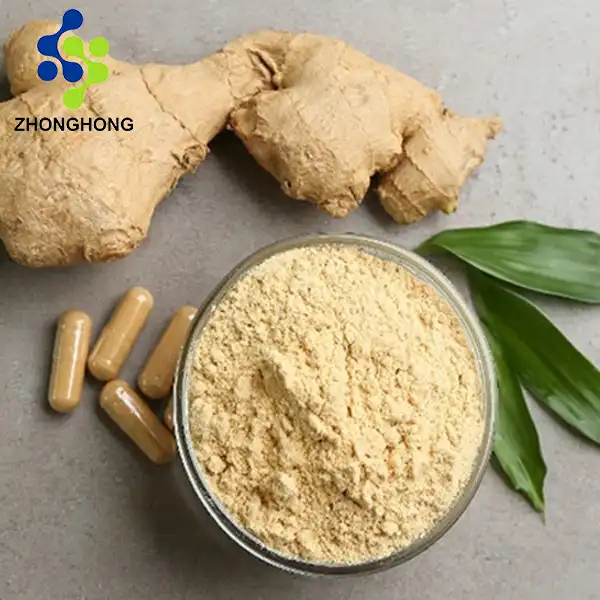Can Collagen Peptides Help Burn Fat?
The Role of Collagen in Metabolism
Collagen peptides can indirectly support fat burning by promoting lean muscle mass, a key player in metabolism. Collagen is vital for maintaining muscle tissue, which becomes harder as natural collagen production declines with age. By supplementing with collagen, you may help preserve and build metabolically active lean muscle. Since muscle tissue burns more calories at rest, maintaining muscle can boost overall calorie expenditure and support fat loss efforts.
Collagen and Thermogenesis
Emerging research suggests that collagen peptides might stimulate thermogenesis, where the body burns calories to generate heat. This process slightly increases energy expenditure, contributing to fat burning over time. While this effect is relatively modest, it can complement other weight loss strategies. Including collagen in your diet, paired with exercise and a balanced diet, could enhance your overall fat-burning potential as part of a holistic approach.
Collagen's Impact on Body Composition
Collagen peptides are linked to improved body composition when combined with resistance training. Studies reveal that supplementing with collagen while exercising can lead to increased lean muscle mass and decreased fat mass. These changes contribute to a more toned physique and healthier body composition. Although collagen doesn’t directly burn fat, its role in enhancing muscle development and reducing fat stores makes it a valuable addition to weight management routines.
The Science Behind Collagen and Appetite Control
Collagen's Satiating Effects
Collagen peptides stand out as a promising aid for weight management due to their ability to promote satiety. As a protein, collagen has a higher satiating effect compared to carbohydrates or fats. Consuming collagen can lead to prolonged feelings of fullness, potentially reducing overall calorie intake. This effect is particularly beneficial for individuals trying to lose weight, as it helps curb overeating. By incorporating collagen-rich foods or supplements into a balanced diet, individuals can leverage this natural appetite suppressant to better manage their hunger and support their weight loss goals.
Hormonal Influences of Collagen
Collagen supplementation may play a role in appetite regulation by influencing hunger-related hormones. Research suggests that collagen peptides can increase levels of glucagon-like peptide-1 (GLP-1), a hormone that signals fullness and suppresses appetite. Elevated GLP-1 levels can lead to a decrease in food cravings and more controlled eating patterns. This hormonal benefit positions collagen as a valuable tool for those looking to manage their weight, as it supports appetite control on a physiological level, making dietary changes easier to sustain over time.
Glycine and Blood Sugar Regulation
A significant component of collagen, the amino acid glycine, contributes to its appetite-regulating properties by aiding blood sugar stabilization. Glycine has been found to support better blood sugar control, reducing sharp spikes and crashes that often trigger hunger and cravings. Maintaining stable blood sugar levels helps prevent overeating and promotes consistent energy throughout the day. By incorporating collagen into their diet, individuals can harness the benefits of glycine to improve blood sugar balance and indirectly enhance appetite control, further supporting their weight management journey.
How to Use Collagen Peptides for Weight Loss?
Optimal Dosage and Timing
To effectively use collagen peptides for weight loss, aim for a daily dose of 10 to 20 grams, as commonly recommended in research. For the best appetite-suppressing benefits, take collagen peptides 30 to 60 minutes before meals. This timing can help you feel fuller and potentially reduce calorie intake during your meal. Consistency is crucial, so integrate collagen into your daily routine, whether in smoothies, coffee, or recipes, to maximize its benefits.
Combining Collagen with a Balanced Diet
Collagen peptides should be viewed as a supplement to, not a replacement for, a balanced diet. For effective weight management, combine collagen supplementation with a nutrient-dense diet rich in whole foods, lean proteins, healthy fats, and plenty of fruits and vegetables. This approach ensures you're getting a wide range of nutrients to support overall health and weight loss efforts.
Integrating Collagen with Exercise
To maximize the potential benefits of collagen peptides for weight management, consider incorporating them into your exercise routine. Taking collagen before or after workouts may support muscle recovery and growth, potentially enhancing the fat-burning effects of exercise. Additionally, the protein in collagen can help replenish amino acids lost during intense physical activity.
Conclusion
While collagen peptides show promise in supporting weight management efforts, they are not a magic solution for weight loss. Their potential benefits in promoting satiety, supporting lean muscle mass, and potentially influencing metabolism make them a valuable addition to a comprehensive weight loss strategy that includes a balanced diet and regular exercise. If you want to get more information about this product, you can contact us at liaodaohai@gmail.com.
_1728976869676.webp)








